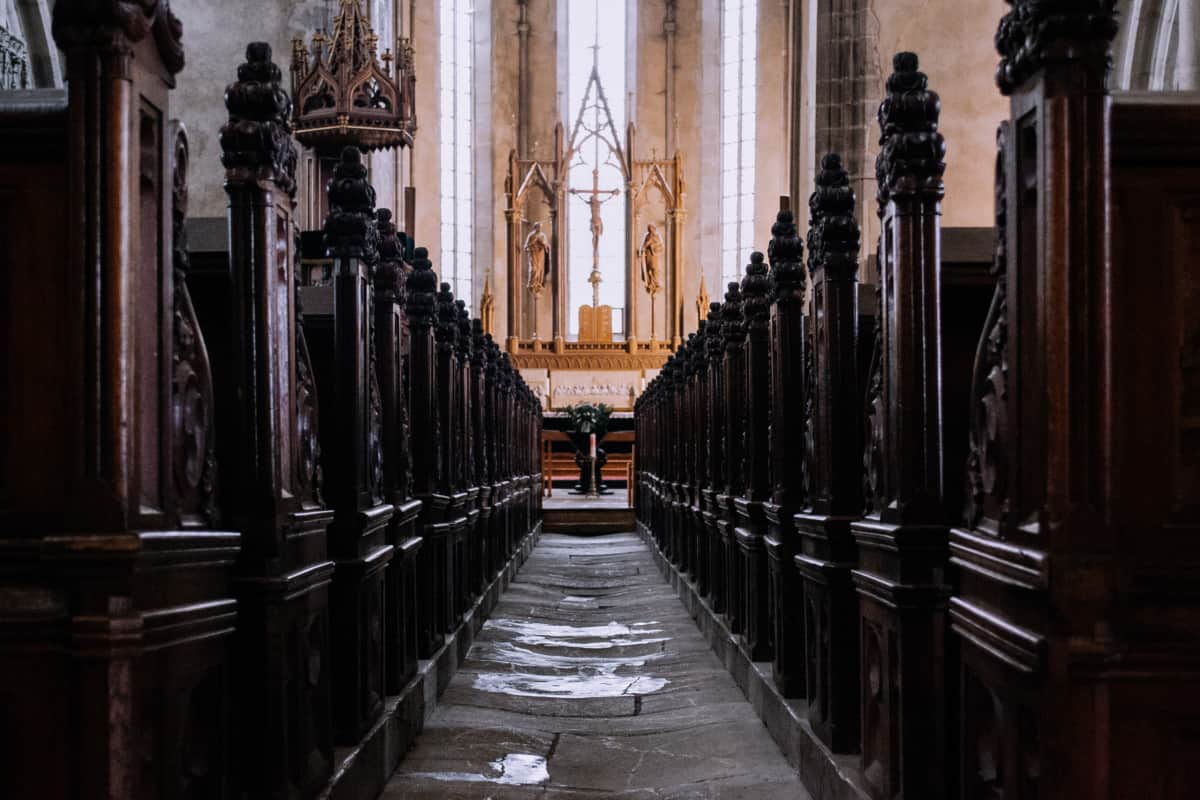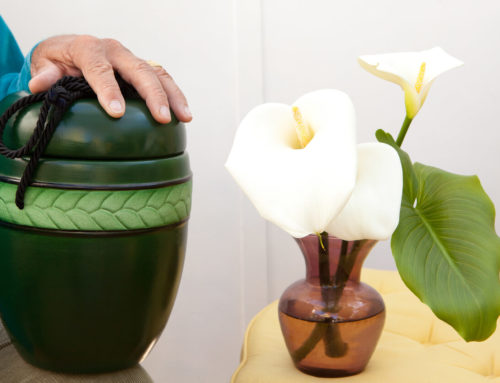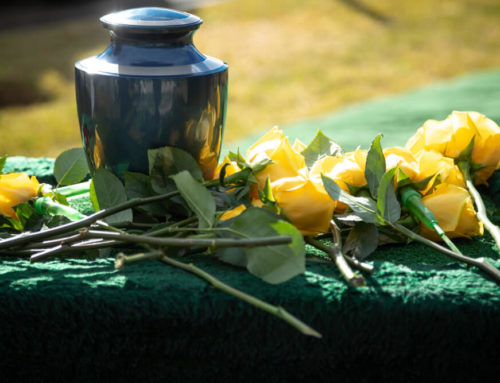
Cremation and the Catholic Church – Debunking Common Myths
You may not have considered a cremation for yourself or your loved one due to religious reasons. Believe it or not, most religious sects approve of cremations, but may have strict guidelines as to how cremated remains are to be handled and cared for – and the Catholic church is no different. There are a lot of common misconceptions or myths around cremation and if the Catholic church will allow it. Here are the top cremation myths and what the Catholic church has to say about them.
Cremated ashes can be scattered.
Though the Pope and the Church approve of cremation, scattering of one’s ashes is strictly prohibited. In the eyes of the Church, this is a type of desecration and is looked upon as a sign of disrespect to the deceased. The Church has detailed protocols as to how the body should be prepared before being cremated, how the ashes must be collected and more importantly, what you are and are not allowed to do with the cremated remains.
You can’t bury the ashes.
According to the Church’s cremation guidelines, cremated remains must be buried and not scattered. Whether the ashes are buried in a traditional coffin or placed in an urn in a mausoleum, either way the ashes must remain in one place and be placed in a sacred resting place. As a side note, some state regulations prohibit the spreading of human remains (even cremated ashes) without securing the proper permits and only in certain areas.
You can have a memorial service after the cremation is performed.
The funeral rites must be performed in the presence of the body and not the remains. So, you must have a traditional funeral for your loved one, prior to their body being cremated. It is important in the Catholic Church that there is a time to pay your respects to the body and certain prayers are said over the corpse before it is cremated. And, since the Church considers the body to be the temple of the Holy Spirit, it must be respected at all times. Some Catholics also believe that in order for the deceased person’s spirit to transition properly and be with Jesus, that the body must be left undisturbed for a period of time after death.
Cremations should never be done for convenience.
Believe it or not, the Catholic Church authorizes cremations in situations where a quick disposal may be needed to prevent the spread of disease or in instances of a natural disaster where the body may be too severely damaged for a traditional burial. Though the Church would prefer a traditional burial, in line with how Jesus was laid to rest, exceptions are often made if the deceased expressed a wish to be cremated after death. Historically, cremations were also accepted when it would became too cost prohibitive to ship the deceased’s body long distances to their family.
Whether you’re considering a cremation for yourself or looking to honor your loved one’s wishes, the knowledgeable staff at Smart Cremation are happy to help answer any of your questions. Download our free cremation planning guide and contact us today at 844-305-4531 for a complimentary cremation planning consultation.




